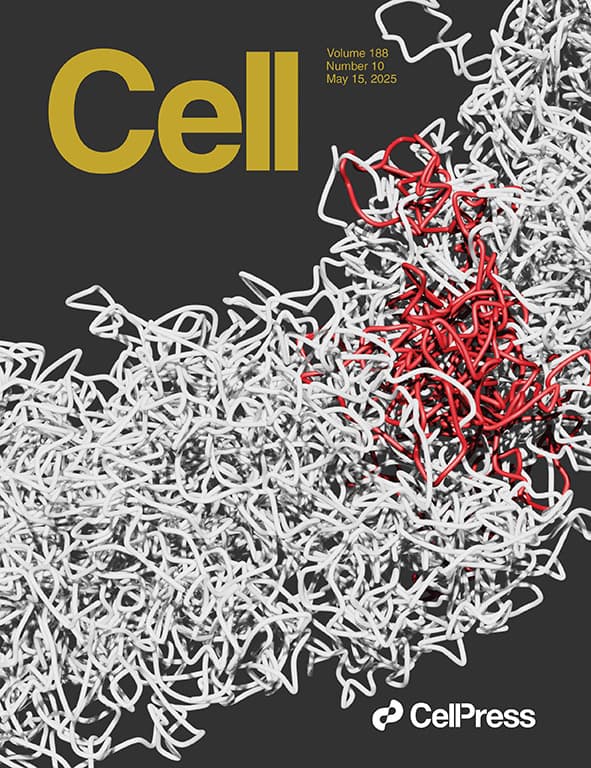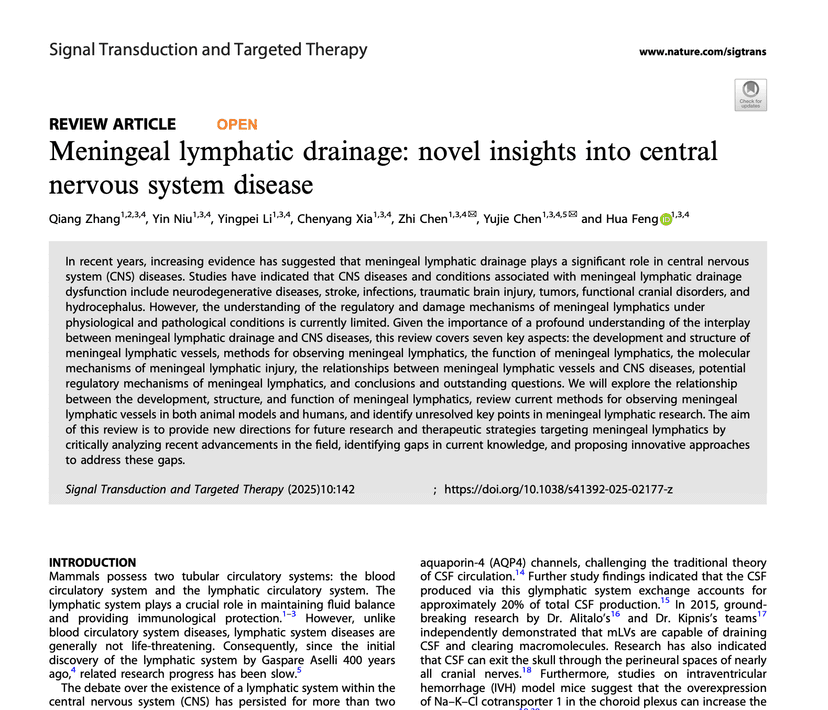Applicable Neurological Conditions
| Early stage | Middle stage | Late stage |
| 23<MMSE | 10<MMSE<22 | MMSE<10 |
| 35,000 USD | 40,000 USD | 45,000 USD |
| ~10-15 LVAs bilaterally | ~15-20 LVAs bilaterally | ~25+ LVAs bilaterally |
*All prices are estimates. Final pricing may vary based on individual assessment and requirements.
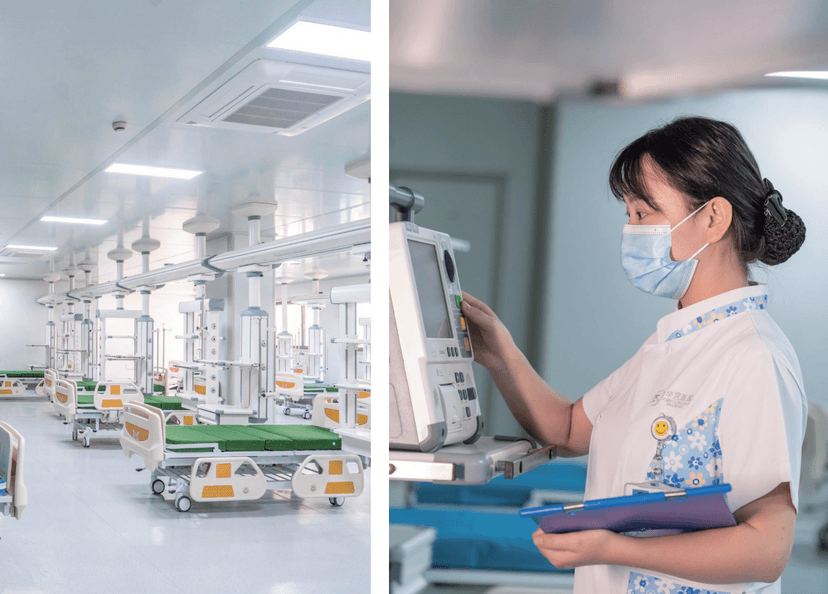
Medical service
7 years of surgery, patient care and rehab experiences for brain degenerative disorders.
Tell me more >
Hangzhou Unique Metropolitan
Hangzhou is a very unique metropolitan with its history and culture that combines the synthesis of east and west, and which plays an important role in health tourism. After your surgery, you can enjoy the magnificent city life, the beautiful city and the shopping areas and our team will give support you at all the stages.
Tell me more >
Unique quality of service
Hangzhou Qiushi Hospital is known for its exceptional service with a focus on patient-centered services, setting it apart from other healthcare providers.
Tell me more >Dr. Qingping Xie
Inventor and expert on Deep Cervical LVA supermicrosurgery method for AD disease.
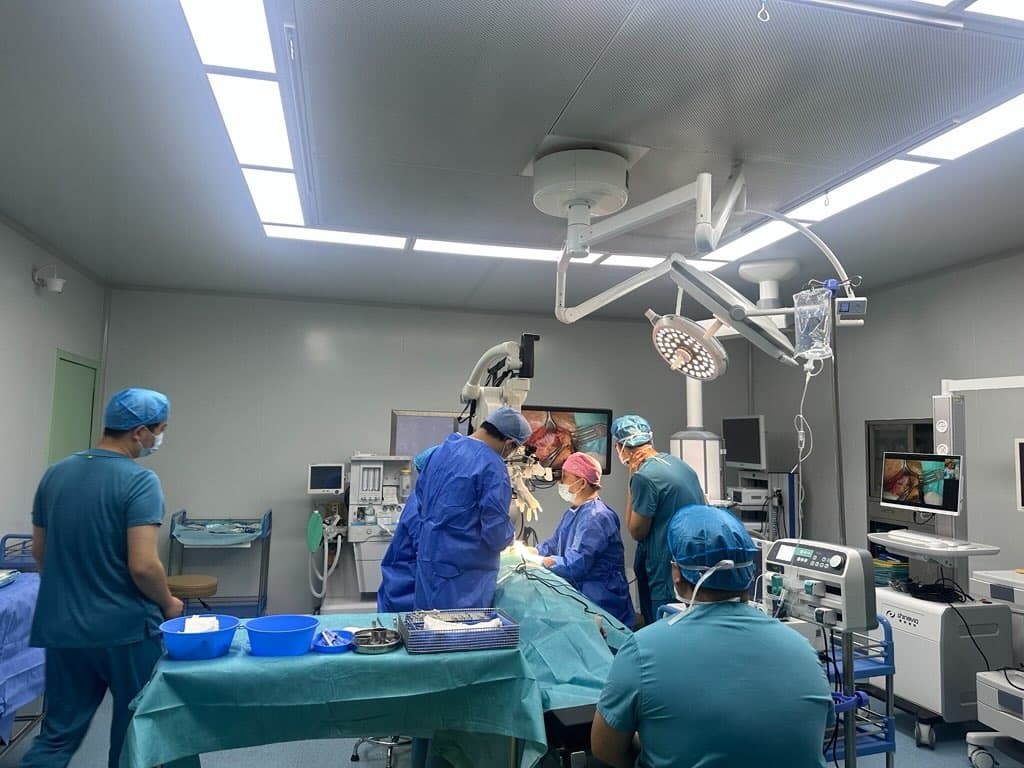
Prof. QINGPING XIE is an expert microsurgeon at Hangzhou qiushi hospital Hangzhou, China. He obtained his MD from the Second Military Medical University in Shanghai in 1989 and formerly served as the Director of the Hand Surgery Department, Peripheral Nerve Diagnostic and Therapeutic Center, Sino-Japanese Artificial Finger Joint Transplantation Training Center, and the International Rheumatoid Arthritis Joint Diagnosis and Treatment Center at Zhejiang People's Hospital. Presently, he holds the positions of President at Hangzhou Qiushi Hospital, President at Hangzhou Huagong Hospital, and Honorary President at Hangzhou Plastic Surgery Hospital.
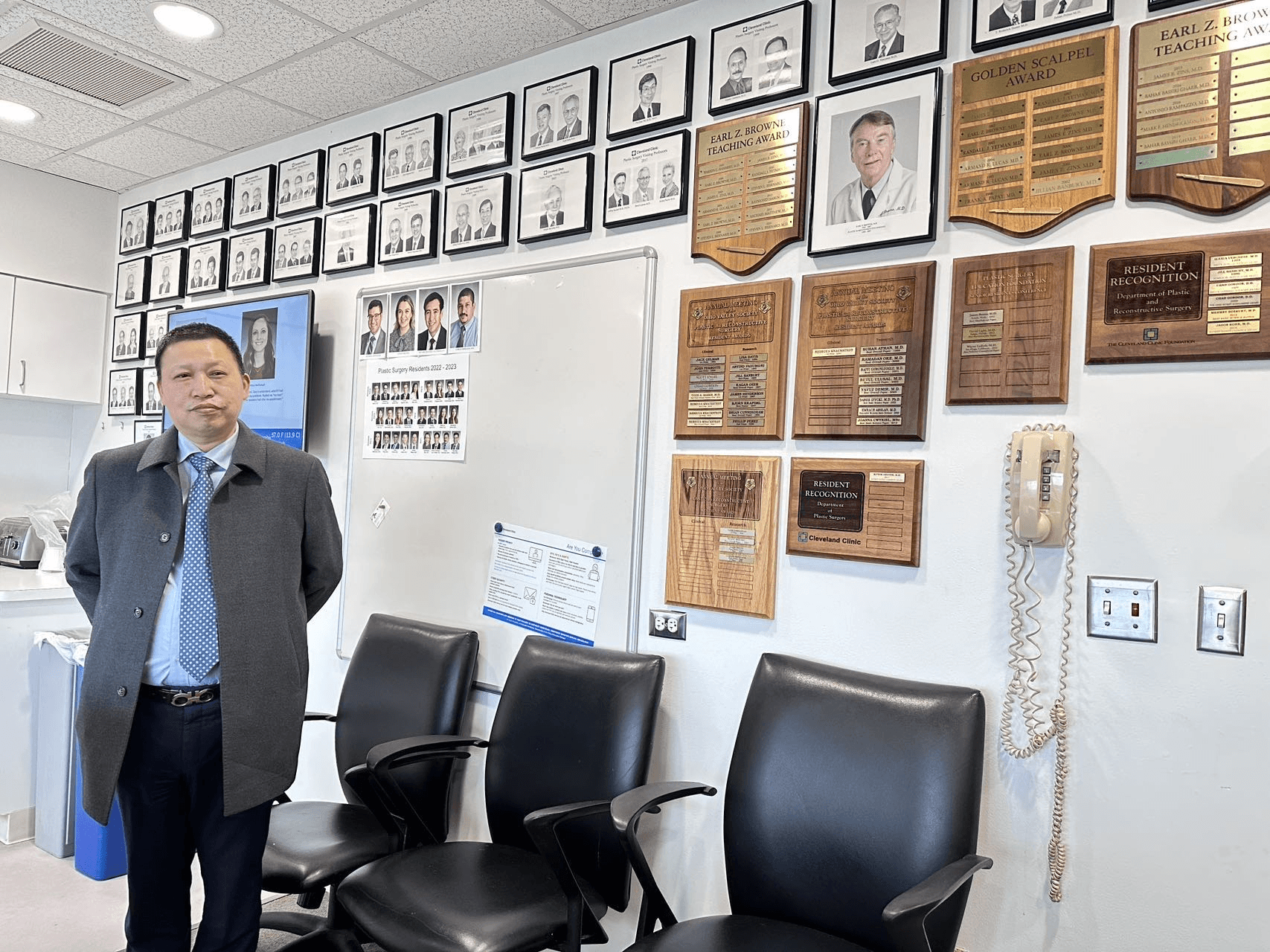
This private hospital in Hangzhou, China, specializes in innovative treatments for neurodegenerative diseases. Our team pioneered the world's first application of Lymphatic Venous Anastomosis (LVA) surgery for conditions such as Alzheimer's, Parkinson's disease, and Multiple System Atrophy (MSA). Our work has been recognized by Cleveland Clinic, one of the leading medical institutions in the United States, and we continue to lead the field in non-pharmaceutical surgical solutions for brain health. Additionally, Prof Qingping Xie holds a certain level of influence and standing in the medical community both domestically and internationally.
Questions and Answers.
WHAT IS LVA?
LVA, a time-tested surgical technique, has garnered global acclaim for its unparalleled effectiveness in mitigating lymphedema within the limbs. It has unequivocally demonstrated its safety and efficacy over two decades.
WHAT ARE THE SURGICAL PROCEDURES AND HOSPITAL ARRANGEMENTS?
CT scans and other necessary tests will be conducted 2 days prior to surgery. We can schedule immediate tests right after arrival. Additionally, accommodation will be free of charge for family members. It is complimentary in our hospital. We have guest suites for up to 3 additional guests. It is recommended you stay in the hospital for 14 days after the surgery.
IS THE LVA EFFECTIVE AND SUITABLE?
Both MMSE and MoCA will show numeric differences 1M, 3M, 6M 1Y, 2Y, PET-CT scans will show changes in brain environment (you will do the pre-examination PET-CT scan here and you may do a second PET-CT scan at your institution after 3 months), you will see definite changes in her CT Results for better (see papers). Also, as caretaker, you will be able to directly observe the improvement such as improving daily communication, improvement of urinary continence, fecal continence, etc. You can watch the YouTube videos to see our case's physical change.
WHAT HAVE BEEN THE RESULTS?
For the patient's recovery, the most effective patient will be the early-stage AD patient who has just started memory loss. After surgery, the recovery is back to normal status without any rapid declines other than general aging. Mid to late-stage AD is what I treated most; it is also a paradox that people tend to treat their disease only when it is a bit severe. However, changes are still optimistic, mid stage AD patients who experience rage and illumination will see a much calmer state after surgery, memory loss may not come back as a whole but long-term memory is coming back step by step. Confusion may not disappear altogether, but it seems less frequent. I will say nearly all patients will require a lower level of personal care because of the mood change and also, they are able to make commands to the caretaker (ie: washroom, ask for food, etc).
Contact.



